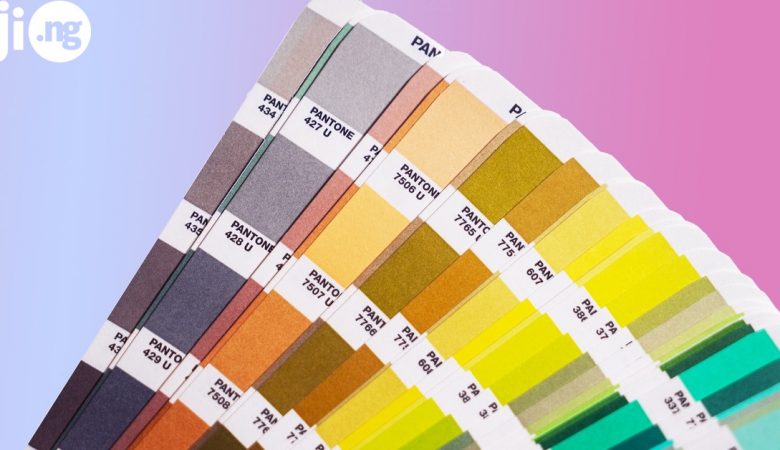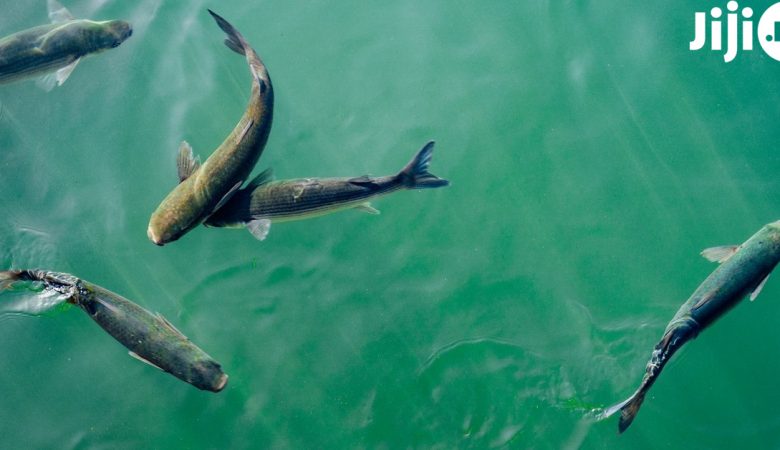Today rice farming in Nigeria is one of the most important branches in agriculture, and rice is, perhaps, the most valuable commodity when it comes to food products. Rice business in Nigeria has a long and complicated history. Find out everything about the state of rice production in Nigeria these days and check out the Nigeria rice production statistics!
Shop affordable, high-quality rice on Jiji
1. Why is rice production so important?
As the most populated country in Africa, Nigeria understandably has a high demand for rice and it’s been this way for centuries. That is why the history of rice production in Nigeria is filled not only with victories but also with various challenges and obstacles.
Today the Nigerian rice processing industry cannot fully satisfy the demand for this product, which leads the Nigerian authorities to import rice from overseas. However, at the rate the rice farming in the country is currently growing, we can expect the rice importation in Nigeria to gradually wind down.
According to the latest news on rice importation in Nigeria, by the early 2020s, the Nigeria rice industry is expected to completely satisfy the nation’s demand for rice.

2. Rice production in Nigeria 2017
Even though the rice production industry is constantly developing, the basics for rice production remain largely the same. Today there are three types of rice farming used in Nigeria:
- The first type requires rice fields to be continuously flooded with water, and only when it’s time to harvest the crops, the water is drained from the field. This is the most popular way to farm rice not only in Nigeria but also around the world.
- To do rice farming of the second type, the farm needs to be located in a rainy area. In this case, no artificial irrigation is used, but this method is heavily dependant on the weather conditions.
- The third type of rice farming is mostly used in small Asian communities, as it requires a regularly flooded area that also has to be quite small. This method is the least popular one in Nigeria.
Rice production in Nigeria 2016 is such a promising industry that it attracts a lot of big companies and new players in the market. Here is the latest list of rice companies in Nigeria:
- Dangote Group PLC
- Olam Rice
- Ebonyi Rice
- Mama Happy Rice
- UMZA Rice
- Mas Rice Mill
- Labana Rice
Of course, Dangote Rice remains the most major player in the Nigerian rice market. Aliko Dangote is set to revolutionize the rice industry in the country both in terms of production methods and economy. In 2018 Dangote Rice are expected to sell 1 million metric tons of parboiled rice in Nigeria, thus breaking a new record.
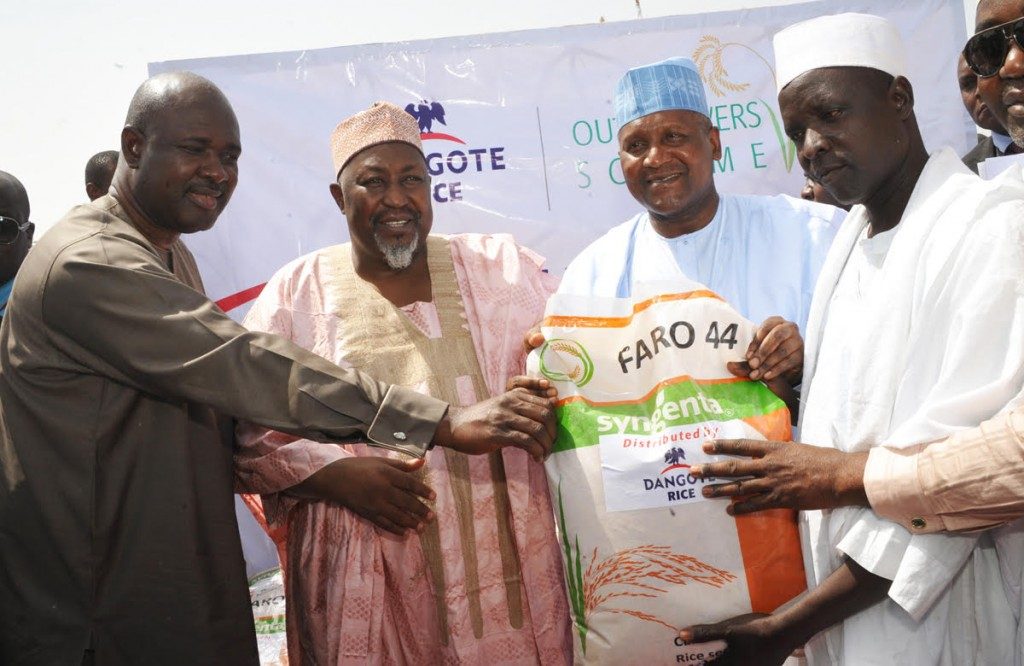
3. Price of rice
The price of rice in Nigeria is one of the key characteristics of the national economy. As the Nigerian population is growing, so does the demand for rice, and while the government is doing a lot for lowering the price, buying rice is still a major part of an average family’s food budget.
So, how much is a bag of rice in Nigeria today? The answer depends on the brand of rice you prefer. Here are prices for 50kg bags of rice
- Stallion Standard Rice – ₦15,320
- Stallion Premium Long Grain Rice – ₦22,500
- Mama Gold Rice – ₦15,000
- Tomato Aroso Thai Rice – ₦14,500
- Caprice Rice – ₦14,500
- PJS Rice – ₦14,500
- Riceland Rice – ₦14,500
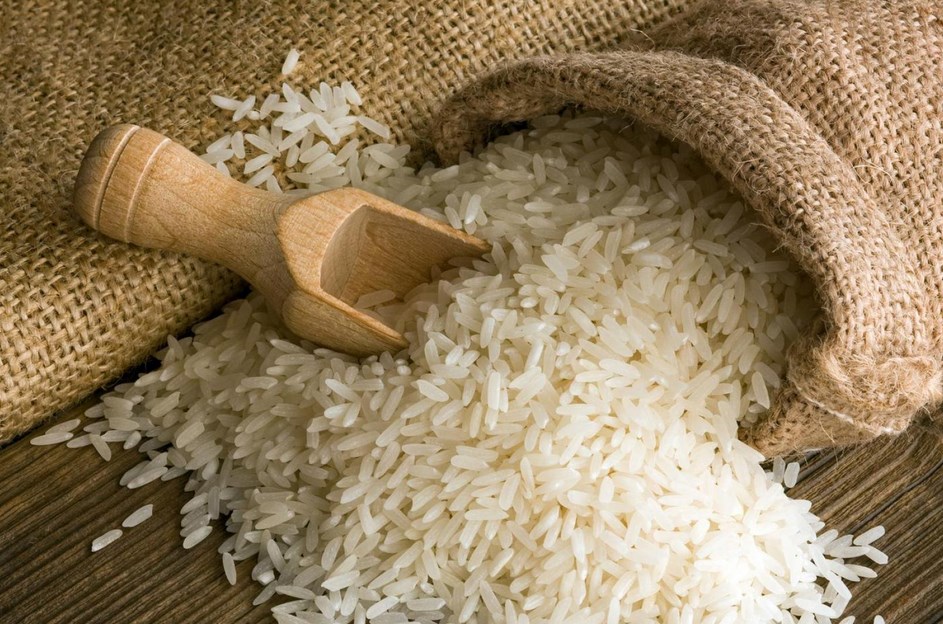
4. Nigeria rice production statistics
Due to the climate and geographical diversity of Nigeria, not all states can be top rice producing states in Nigeria. Wondering which states make the most rice in the country? Here is a list of rice-producing states in Nigeria:
- Benue
- Borno
- Cross River
- Ebonyi
- Enugu
- Kaduna
- Kano
- Niger
- Taraba
These were the biggest rice producing states in Nigeria. But what is the rice yield per hectare in Nigeria? This number depends on many factors, including location and weather, but, on average, one hectare of rice fields in Nigeria can produce up to 12 tons of produce.
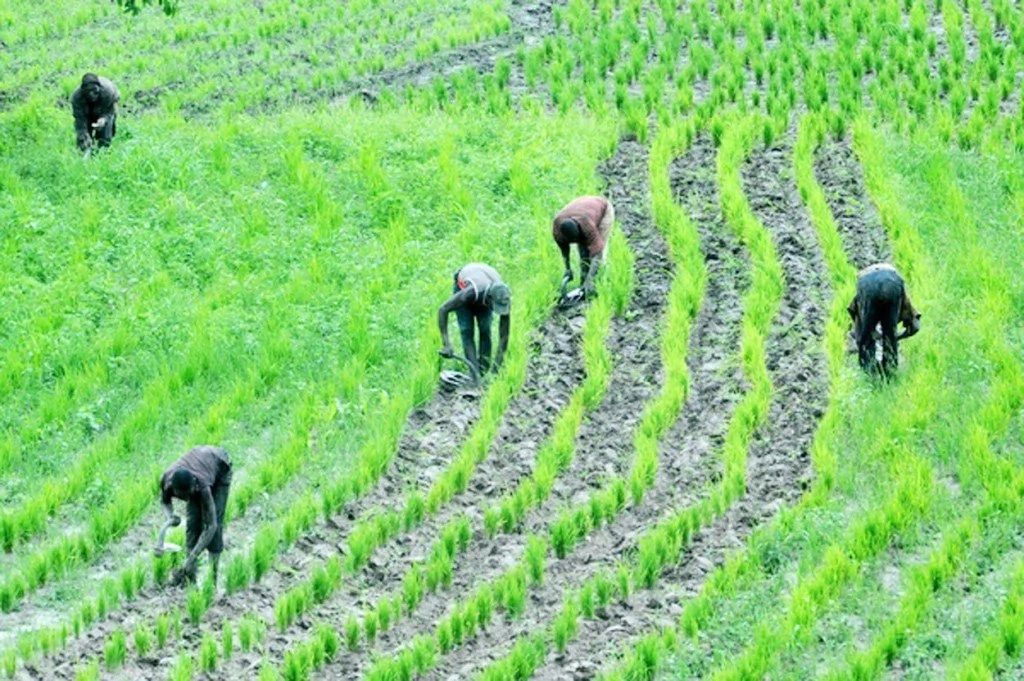
5. Challenges of rice production in Nigeria
Rice farming in Nigeria doesn’t come without its complications. One of the biggest problems is the lack of proper irrigation. Technological improvements are needed in order to solve this problem.
Another major problem is the lack of adequate drying and sorting techniques, which often result in loss of quality. And this is where the third big issue appears – the missing quality control, which is why packaged rice often turns out to be disappointing for the buyers.
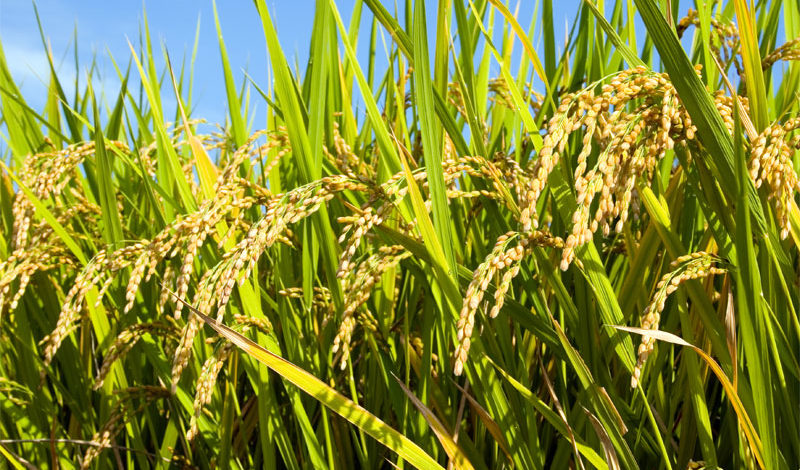
Buy a high-quality bag of rice on Jiji

